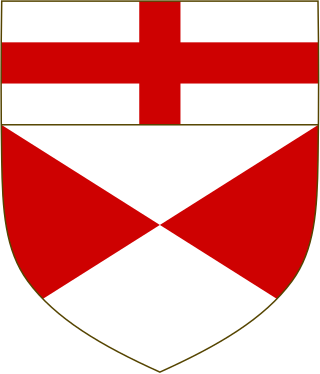Guarna is an Italian surname. Notable people with the surname include:
- Enrico Guarna (born 1985), Italian footballer
- Rebecca Guarna, 13th-century Italian physician, surgeon and writer
- Romuald Guarna, 12th-century Roman Catholic archbishop
Guarna is an Italian surname. Notable people with the surname include:
Scarlatti is an Italian surname. Notable people with this surname include:
Pergolesi is a surname. Notable people with the surname include:
Ferraris is an Italian surname. Notable people with the surname include:
Boiardo is an Italian surname.
Orsini is a surname of Italian origin, originally derived from Latin ursinus ("bearlike") and originating as an epithet or sobriquet describing the name-bearer's purported strength. Notable people with the surname include the following:
Terzi is an Italian surname and Turkish surname. Notable people with the surname include:

The surname Boccanegra originated in northern Italy during the 13th century. The Boccanegra family produced the first Capitano del popolo and the first Doge of the Republic of Genoa.
Bianco is an Italian surname meaning "white". Notable people with the surname include:
Romuald was an Italian saint and the founder of the Camaldolese order.
Lupo is a surname of Italian origin, meaning "wolf", which is derived from the Latin lupus. Its Spanish equivalent is López, its Portuguese equivalent is Lopes, its French equivalent is Loup, and its Romanian equivalent is Lupu or Lupescu.
di Pietro or Di Pietro is an Italian surname. Notable people with the surname include:
Marchesini is a surname. Notable people with the surname include:
Pietri or Piétri is a surname. Notable people with the surname include:
Ferrara is an Italian surname. Notable people with the surname include:
Adami is a surname. Notable people with the surname include:
Pedrazzini is an Italian surname. Notable people with the surname include:
Pedrotti is an Italian surname. Notable people with the surname include:
Pedrelli is an Italian surname. Notable people with the surname include:
Paoletti is an Italian surname. Notable people with the surname include:
Petrucci is an Italian surname. Notable people with the surname include: